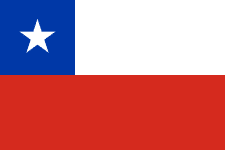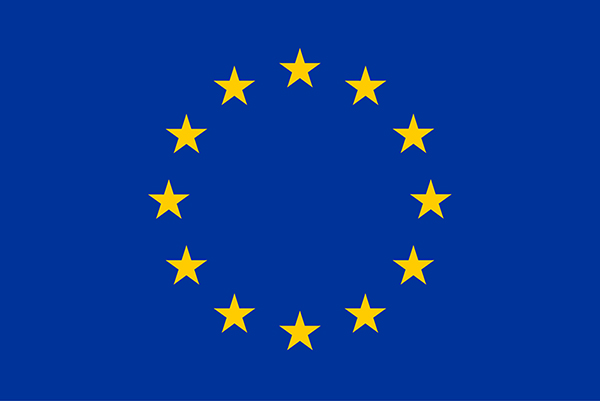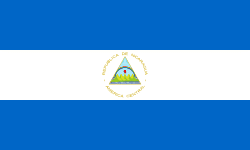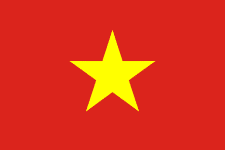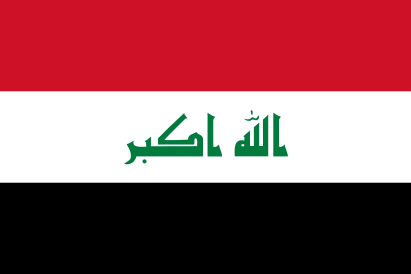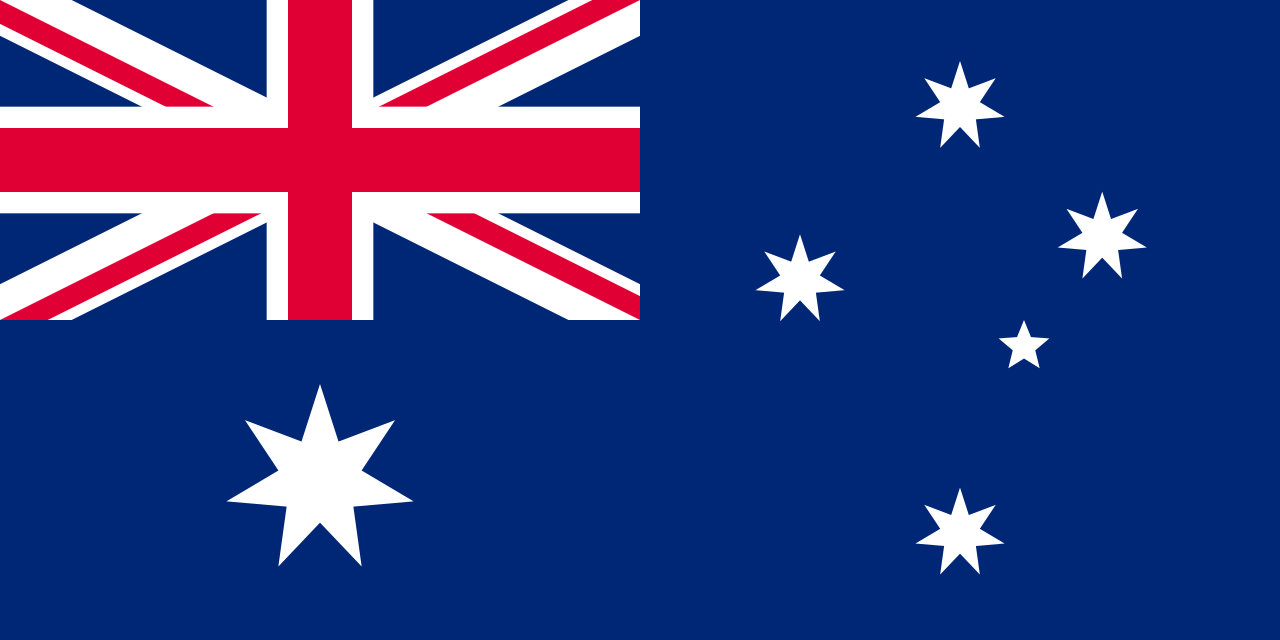- Industry
- Region
- Country / Region
On November 24, 2025, the Chilean Telecommunications Authority (SUBTEL) issued Resolution 2219, which makes several important amendments to the regulatory framework for short-range devices introduced by Resolution 737. The resolution removes the power spectral density requirement, retains the equivalent omnidirectional radiated power requirement, and makes the following updates to the QR code requirement:
- Relax the requirements for the posting location of QR codes: in principle, they should be affixed to the outer packaging of the equipment, but if the equipment is not packaged or does not meet the conditions, it can also be directly attached to the device itself, or attached to the accompanying paper documents (such as manual or warranty card);
- The QR code must link to a web page in Spanish and its content must meet the information requirements listed in the specification;
- A special transitional arrangement is made for devices that have been submitted and certified before February 21, 2026: the QR code webpage only needs to display the certification document, without the need to re-disclose the full technical specifications or test information.
The original type approval process still applies only to short-range equipment for medical use, and this requirement remains unchanged in this revision .
Click this link to view the original SUBTEL Resolution 2219.
On November 24, 2025, the European Commission officially promulgated the new Energy Efficiency Regulation (EU) 2025/2052 for external power supplies. The regulation sets out eco-design requirements in accordance with EU Directive 2009/125/EC and aims to significantly improve the environmental performance of energy-related products and promote Europe's transition to resource conservation and circular economy. The new regulation repeales the original Regulation (EU) 2019/1782. The new regulations not only cover external power supplies (EPS), but also include wireless chargers, wireless charging pads, universal portable battery chargers, and USB Type-C cables in the scope of ecological design controls. The new regulations have a three-year transition period, and most of the requirements will be mandatory from December 14, 2028.
Main requirements:
- USB Type-C becomes a universal interface. Unless eligible for an exemption, the AC-DC external power supply must be designed as an "interoperable EPS" and equipped with at least one USB Type-C or USB PD port (i.e., a USB Type-C interface that supports the USB PD fast charging protocol). To prevent premature device scrapping due to cable damage, interoperable EPS must support standard USB Type-C cables that can be plugged in and out and must not use fixed connection output cables;
- Universal portable battery chargers with a rated input power of up to 100W, as well as non-exempt wireless chargers and wireless charging pads, must also be equipped with a USB Type-C port at the DC input and powered via an interoperable EPS;
- Stricter energy efficiency and labeling requirements: set maximum power consumption limits for different types of EPS, such as the no-load power consumption of a single-voltage AC-DC EPS should not exceed 0.075W; introduce low load efficiency (10% load) and average active efficiency requirements (based on minimum performance at 25%, 50%, 75% and 100% load); The standby power consumption of wireless charging pads is also clearly regulated, such as wireless charging boards with non-hardened DC cables, whose DC input power consumption must not be higher than 0.5W;
- In terms of identification, interoperable EPS must be labeled as "universal charger" and clearly marked with the maximum rated output power. At the same time, USB Type-C cables must also indicate the maximum supported power on the plug, such as "60W" or "240W". An example of the "Universal Charger" logo is as follows:
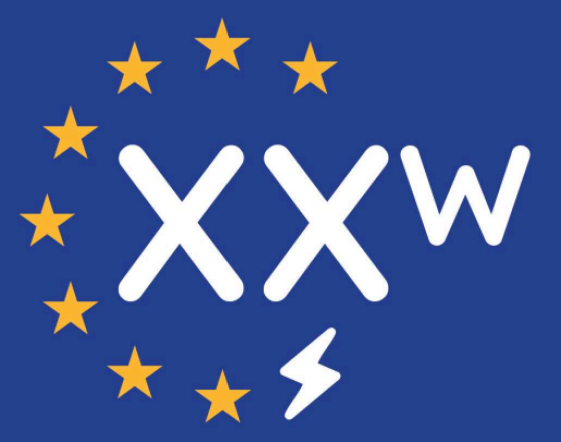
Click on this link to view the original (EU) 2025/2052 regulation.
On November 18, 2025, the Nicaraguan Telecommunications Authority (TELCOR) published updated telecommunications equipment regulatory provisions in the Official Gazette No. 215. Important updates are as follows:
- All products entering Nicaragua are required to obtain a No Objection Certificate (NOC), which is usually processed at the same time as the certification process;
- Exemption list (Article 9): According to Article 9 of Chapter 2, Section 1 of the "Conformity Assessment and Certification of Telecommunications Equipment", TELCOR will publish an official list of exemption certification for telecommunications equipment in the future; Exempt list products do not require type approval, but must hold a certificate of no objection;
- Mandatory labeling (Article 12): Article 12 (Labeling of certified telecommunications equipment) specifies mandatory labeling for telecommunications equipment. Certified devices are subject to black labels, and QR codes and electronic labels will not be accepted. The label format is as follows:

Click this link to view the original text of the No.215 Official Gazette.
On November 13, 2025, the Ministry of Science and Technology of Vietnam issued Circular No. 29/2025/TT-BKHCN, replacing Circular No. 02/2024/TT-BTTTT, which specifies a list of potentially unsafe products that need to be regulated.
The key contents of the circular are as follows:
- From July 1, 2026, mobile phones must comply with the relevant requirements of SAR in QCVN 134:2024/BTTTT; The mandatory SAR date for DECT cordless phones and RF-enabled tablets and laptops is July 1, 2027;
- Wi-Fi 6E and Wi-Fi 7 devices in the 5925-6425 MHz band are subject to QCVN 47:2015/BTTTT and QCVN 96:2015/BTTTT requirements;
- As of July 1, 2025, the QCVN 55:2023/BTTTT standard for NFC, RFID, and SRD no longer requires testing under extreme conditions;
- As of July 1, 2025, the QCVN 54:2020/BTTTT standard for 2.4 GHz Wi-Fi and the QCVN 65:2023/BTTTT standard for 5 GHz Wi-Fi no longer mandate testing under extreme conditions (except for Wi-Fi modems/APs);
- The following standards are added to the draft circular: QCVN 100:2024/BTTTT standard for terrestrial trunked radio (TETRA) equipment, QCVN 133:2024/BTTTT standard for NR and E-utra mobile communication base station equipment;
- Industrial PCs with HS code 8471.41.90 are added to the list of mandatory SDoC products;
- Base stations/satellite stations/other equipment weighing more than 300kg and using three-phase power supply require QCVN 18 (EMC) certification. MST accepts reports issued by overseas laboratories that are recognized by ILAC or mutually APAC MRA;
- Bluetooth and Zigbee devices with output power below 60mW EIRP are exempt from type approval/SDoC certification;
- All issued type approval certificates and declarations of conformity remain valid for the duration of their validity.
This circular is effective from 31 December 2025. Click on this link to view the original circular.
Following some German companies have called on the EU to fully open up the 6GHz band for Wi-FiOn November 12, 2025, the 68th meeting of the Radio Spectrum Policy Group (RSPG), an advisory body of the European Commission, was held in Brussels, and the draft resolution of the meeting allocated 540MHz in the 6GHz band to be allocated to mobile communication operators, making mobile operators dominate the allocation of the 6GHz band. The remaining 160MHz will be temporarily frozen until a final decision is made at the International Telecommunication Union (ITU) World Radiocommunication Conference (WRC-27) in 2027.
Click this link to view the original Reuters report.
On November 12, 2025, the European Commission launched a public consultation on the new legislative framework (NLF), which aims to update the rules on conformity assessment bodies. The main body of the public consultation is a questionnaire containing information on the compliance of digital products (including the tendency of display formats such as QR codes, barcodes, NFC/RFID and other contactless technologies), digital product passports (DPPs), the regulation of refurbished products, etc.
Click this link to view the original public consultation, the deadline for comments is February 4, 2026.
On 10 November 2025, the Singapore Consumer Product Safety Office (CPSO) issued a notice numbered CPSO-101125-22 to Registered Suppliers (RS). The main contents of the notice are as follows:
- Reminder that registered controlled goods (CGs) may face supply suspension or prohibition if they are non-conforming or unauthorised modifications;
- It is an offence to supply or advertise suspended/banned CGs for the purpose of supply, and the offender is liable to a fine of up to US$10,000 or imprisonment for 2 years (or both);
- Clarify that RS needs to update the technical documents related to CGs modifications (technical modifications need to be re-certified/registered) and provide technical documents upon request within 7 days (violators will be fined up to $2,000 or 12 months in prison);
- CGs registration is valid for 3 years and must be renewed 6 months before expiration.
CPSO regulates 33 categories of household appliances, electronic and gas appliances and accessories, including adapters for ICT products including audio, video and computers.
Click this link to view the original CPSO notice.
On November 7, 2025, the Directorate General of Digital Infrastructure (DJID) of the Indonesian Ministry of Communication and Digital (KOMDIGI) issued Decision No. 469/2025. The decision gives a list of telecommunications equipment and/or installations that must comply with technical standards in the form of HS codes. The decision also contains a new format for the notification of imported Goods (PIB) that adds additional specifications for devices with telecommunications capabilities when filling out the PIB on the Indonesian Customs Agency's CEISA 4.0 portal. For telecommunications equipment and installations, as well as those with telecommunications functions, they must comply with technical standards, even if they are not listed in No. 469/2025.
Click this link to see the No. Original text of the 469/2025 decision.
On November 5, 2025, the Iraqi Communications and Media Commission (CMC) released the first version of TR12 on its official website, which specifies the control measures for PMR446 devices to use the 446.0-446.2 MHz frequency band. The regulation states that the type approval of PMR466 equipment is based on the international standard ETSI EN 300 296. The effective date of the document is September 22, 2025.
Main technical specifications:
- Frequency range: 446.0 – 446.2 MHz;
- Maximum output power: 0.5W ERP;
- Channel bandwidth: 12.5 kHz (16 channels);
- Antenna: must be an integrated and non-removable part of the device.
Click this link to view the original TR12 specification.
On November 5, 2025, the Australian Communications and Media Authority (ACMA) launched a public consultation on the implementation of an Automatic Frequency Coordination (AFC) system in the Wi-Fi 6 GHz band. The purpose of this public consultation is to improve Wi-Fi performance and coverage by easing transmit power limits.
Click on this link to view the original public consultation, The comment period is until January 30, 2026.
